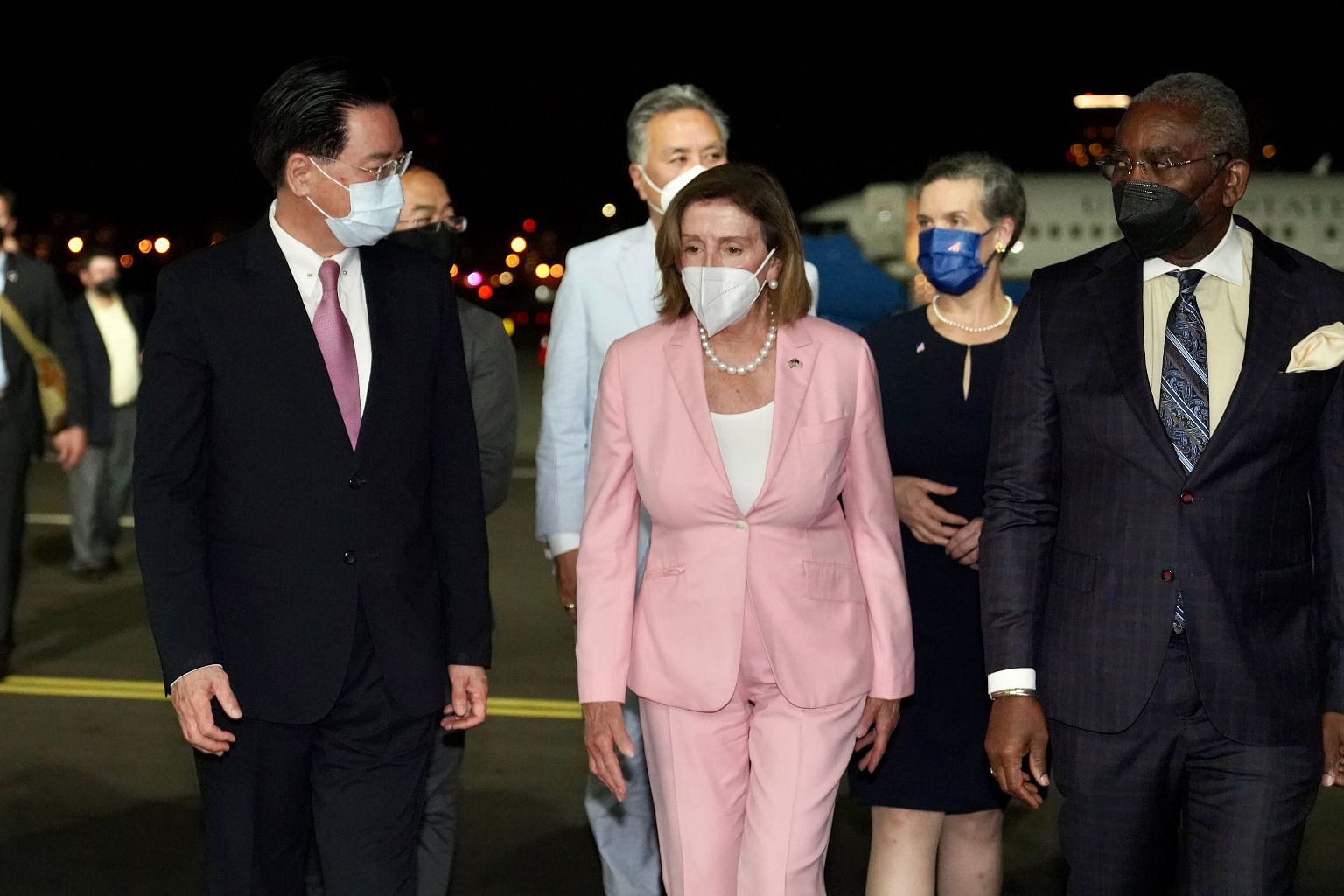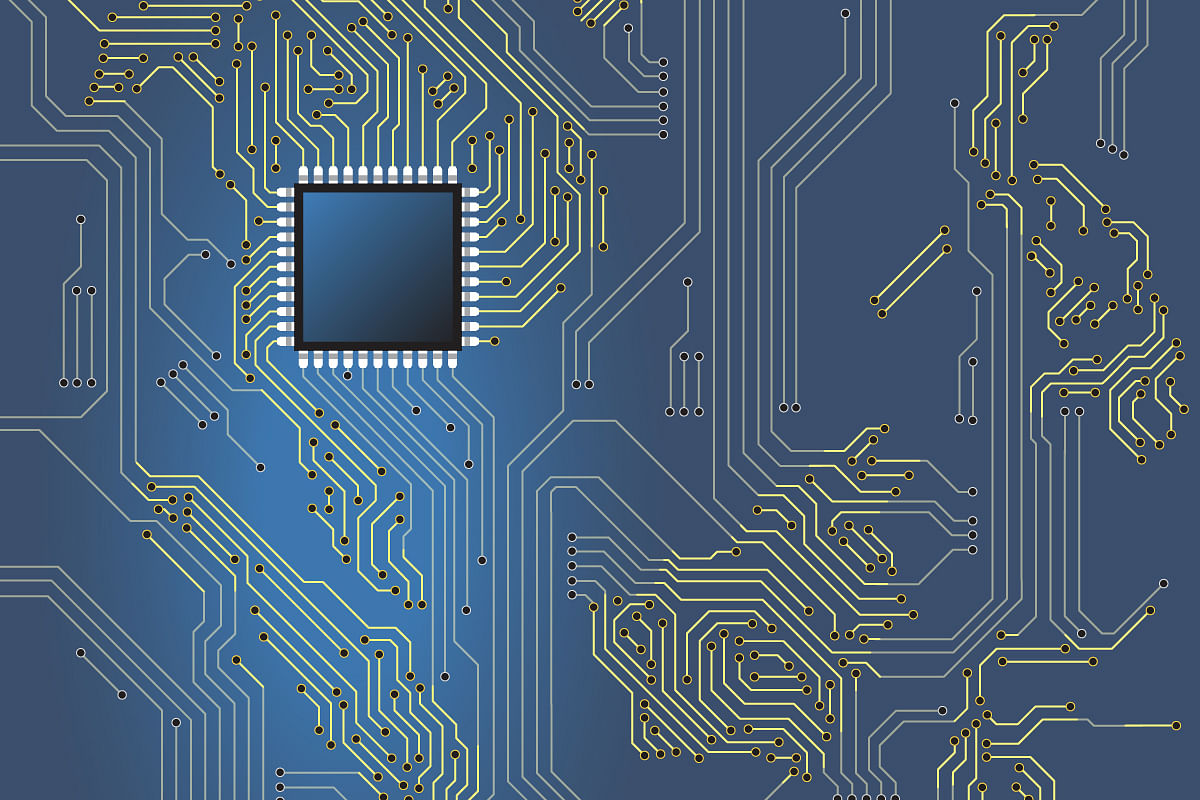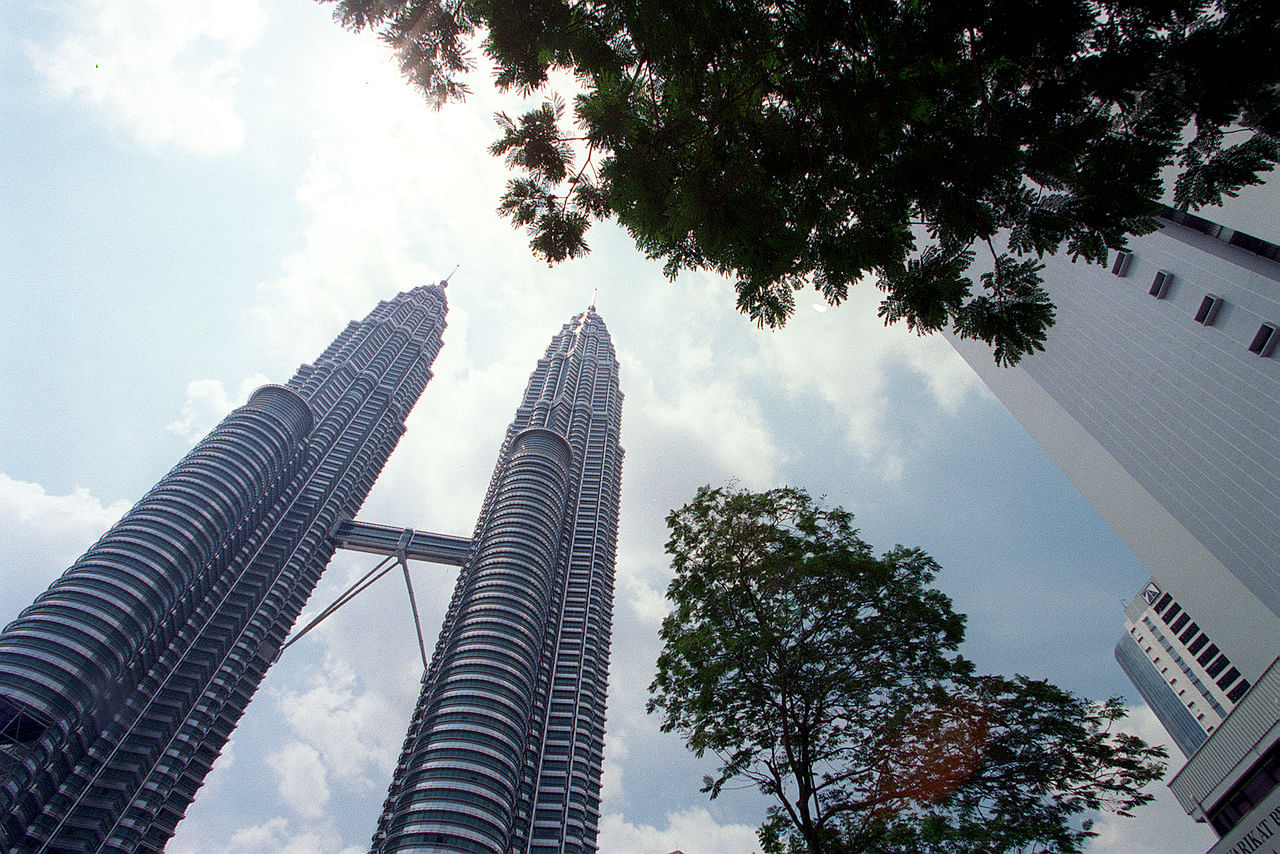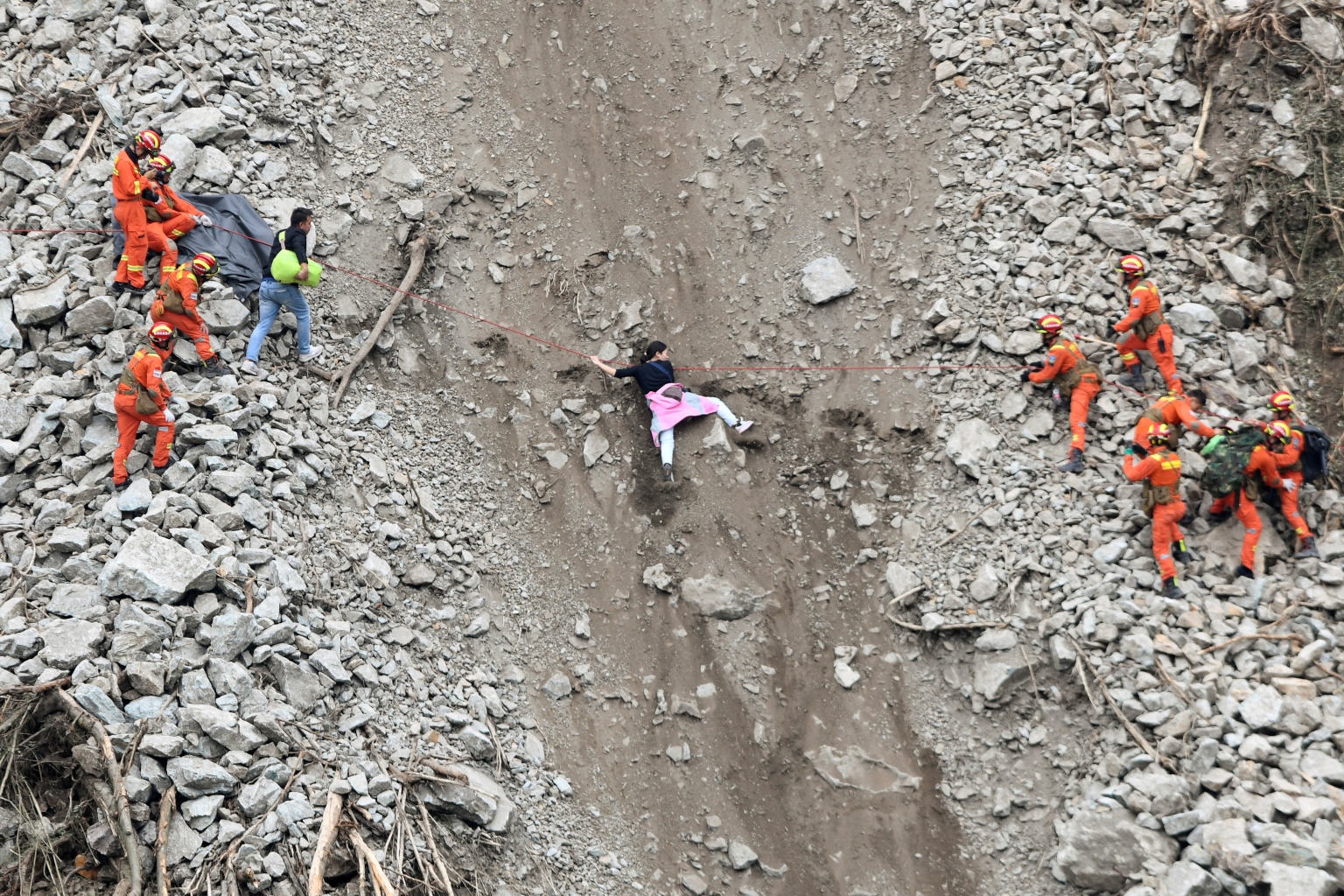Dear ST reader,
We hope you’ve been keeping well.
In our Asian Insider newsletter this week, tensions from US House Speaker Nancy Pelosi’s visit to Taiwan continue to reverberate, not helped by subsequent visits from other Western lawmakers and the US approving a US$1.1 billion arms package for Taiwan. In South-east Asia, Philippine President Ferdinand Marcos Jr visits Indonesia and Singapore on his first overseas trip since taking office in June.
Asia picks up the pieces

US House Speaker Nancy Pelosi’s Taiwan visit has come and gone, but the rest of Asia is still picking up the pieces in its wake, writes associate editor Ravi Velloor in his Speaking of Asia column. The flurry of activity by China’s military in response has created a new reality, and sparked concern an invasion of Taiwan could come sooner and involve multiple theatres of conflict. Meanwhile, the US approved over US$1 billion in arms sales to Taiwan, drawing a stern rebuke from China, which vowed countermeasures, reports Danson Cheong from Beijing.
Over in Laos, a China-funded railway line demonstrates how the landlocked country’s “don’t like, don’t hate” approach to Chinese investment has borne fruit, writes Indochina bureau chief Tan Hui Yee in the latest edition of Power Play.
Read more:
Thai-US military drills highlight US-China rivalry
Marcos on tour

Philippine President Ferdinand Marcos Jr kicked off his first overseas trip since taking office with a state visit to Indonesia this week, where he urged Asean to lead the way in bringing peace to the region amid the "volatile time in geopolitics". In Singapore, he received a rockstar welcome from the Filipino community, and signed several agreements to deepen cooperation in fields such as digital connectivity, healthcare and counterterrorism.
Find out more:
South China Sea a key regional concern
Performance bond for maids no longer needed
Holding all the chips

The race is on to secure supplies of semiconductors, with demand set to surge for these chips which drive all things electronic in modern life. Our latest edition of ST Asian Insider examines how geopolitics impacts the industry in South-east Asia and North-east Asia, and likely outcomes of US-China rivalry in the sector.
Uncertain Malaysia puts off investors

Malaysia’s political instability and policy flip-flops in recent years have made investors cautious, reports Shannon Teoh from Kuala Lumpur, causing it to lag its neighbours in infrastructure development and direct investment. The upcoming general election has deepened the uncertainty, with donors hedging their bets by contributing to political parties on both sides of the aisle, reports regional correspondent Leslie Lopez.
Read more:
Catch other GE15 stories on our Malaysia election site.
Drones to the rescue

In addition to thousands of emergency personnel, China mobilised drones and satellites for search and rescue operations in Sichuan this week after a 6.8 magnitude earthquake claimed at least 74 lives. This arsenal of homegrown tech has been used in other crises such as to fight forest fires, and comes courtesy of China's big push for high-tech innovation in recent years, writes China bureau chief Tan Dawn Wei.
Other climate stories
Sichuan quake: Tens of thousands evacuated
Bangalore floods: Poor infrastructure planning to blame
Attorney Woo raises autism awareness

A drama about an autistic, highly intelligent lawyer has raised awareness about the condition in deeply hierarchical South Korea, reports Chang May Choon from Seoul, in the latest dispatch of Letter from the Bureau. Critics however have labelled the K-drama unrealistic as high-functioning autism is rare in the country.
Tune in to this discussion on the show’s hits and misses.
Other interesting reads:

